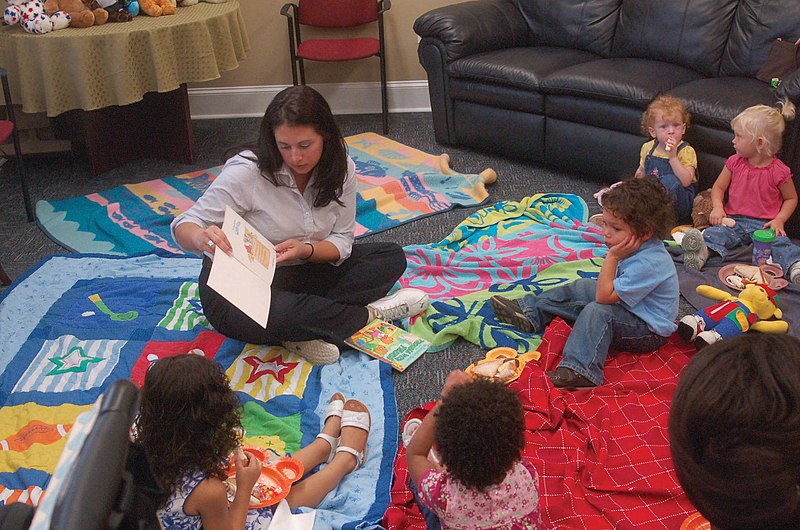Loyola University researchers Jason Cuomo, Murray Flaster and José Biller chronicle the story of a forty year old woman they call M.P. who suffered a sudden onset of ‘word blindness’ following a stroke. This was particularly galling for the kindergarten reading specialist, who’s life mission had been to read to children and to help them learn to read. Thanks to her hard work, M.P. found a way to decipher one word at a time.
Given a word, M.P. will direct her attention to the first letter, which she is unable to recognize. She will then place her finger on the letter and begin to trace each letter of the alphabet over it in order until she recognizes that she has traced the letter she is looking at. “That is the letter M,” she declares, after tracing the previous 12 letters of the alphabet with her finger while deciphering a word in front of her. Three letters later, she is able to shorten this exercise with a guess: “This word is ‘mother,’” she announces proudly.
Needless to say, this method is far too laborious for pleasure reading, let alone reading to children, which M.P. sorely misses. She’s had to give up her job as a kindergarten teacher and take another job, though she still volunteers her time in her community. It’s been a little over a year since her stroke, and it doesn’t look like her deficit will ever be overcome. Still, thanks to her perseverance, she can at least make out words when she really needs to.
Jason Cuomo, Murray Flaster, & José Biller (2014). Right Brain: A reading specialist with alexia without agraphia Neurology, 82 (1) : doi: 10.1212/01.wnl.0000438218.39061.93.

No comments:
Post a Comment